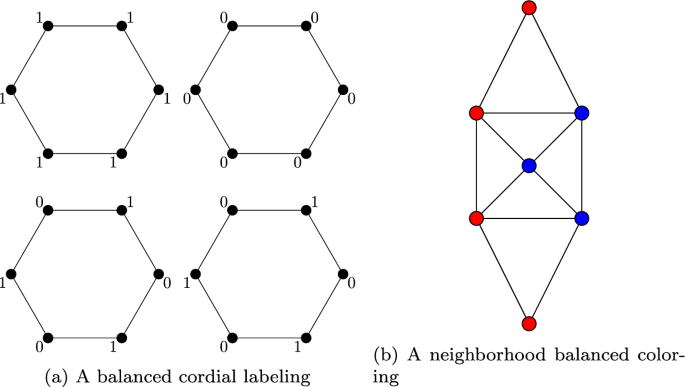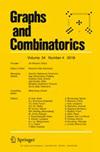图形的邻里平衡着色
IF 0.6
4区 数学
Q3 MATHEMATICS
引用次数: 0
摘要
给定一个简单图 G,我们会问什么时候 V(G) 可以划分为两个集合,使得每个顶点在每个集合中都有数量相等的邻居。我们为常见的图族建立了一系列结果,并完整地分类了具有这一性质的 4 不规则环形图。本文章由计算机程序翻译,如有差异,请以英文原文为准。

Neighborhood Balanced Colorings of Graphs
Given a simple graph G, we ask when V(G) may be partitioned into two sets such that every vertex has an equal number of neighbors from each set. We establish a number of results for common families of graphs and completely classify 4-regular circulants which posses this property.
求助全文
通过发布文献求助,成功后即可免费获取论文全文。
去求助
来源期刊

Graphs and Combinatorics
数学-数学
CiteScore
1.00
自引率
14.30%
发文量
160
审稿时长
6 months
期刊介绍:
Graphs and Combinatorics is an international journal devoted to research concerning all aspects of combinatorial mathematics. In addition to original research papers, the journal also features survey articles from authors invited by the editorial board.
 求助内容:
求助内容: 应助结果提醒方式:
应助结果提醒方式:


